Conservative Muslims and Islamophobes Have One Thing in Common: Hating Mona Haydar
The Muslim-American rapper is breaking every rule to dismantle the patriarchy within Islam—and outside of it.
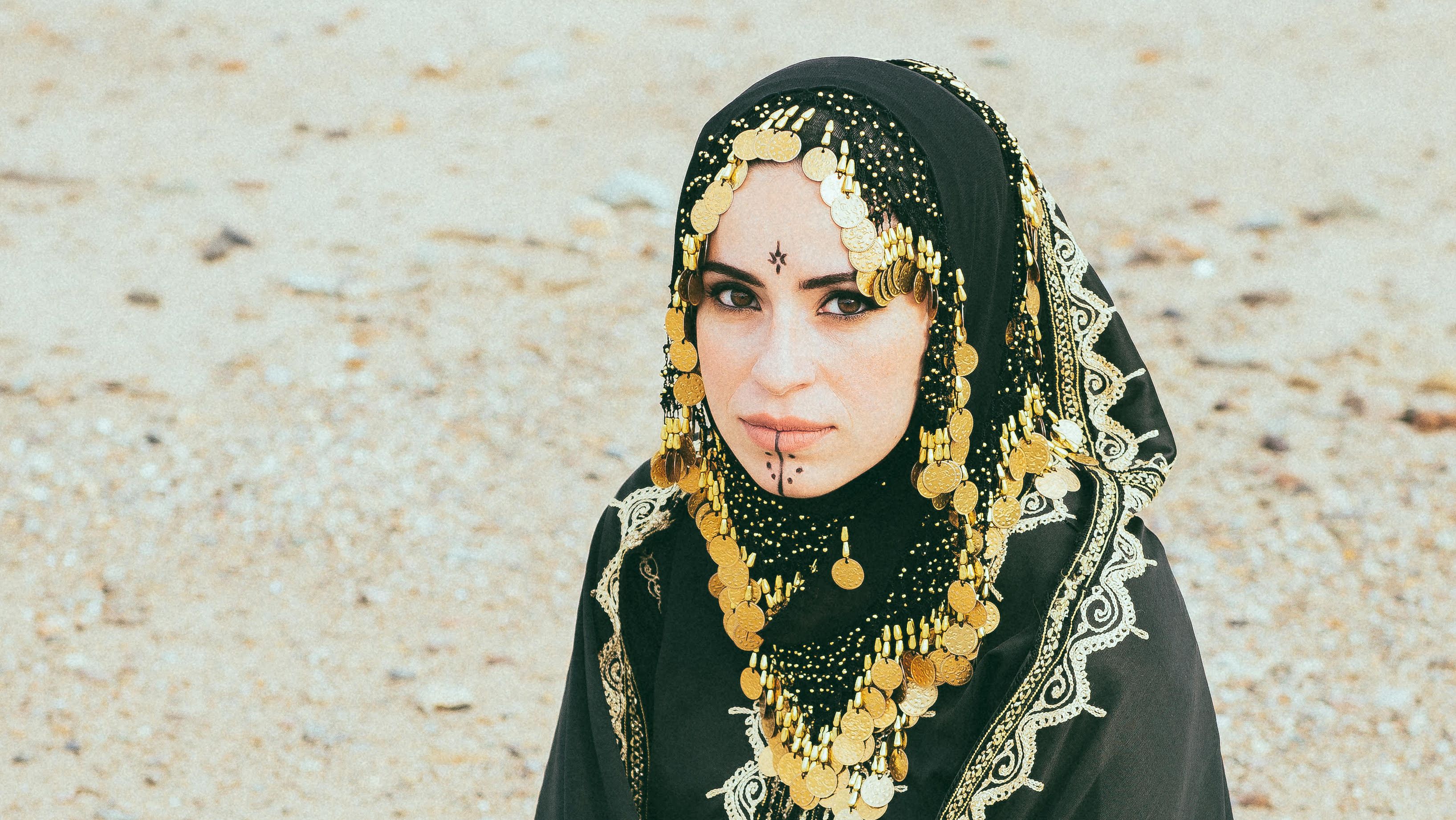
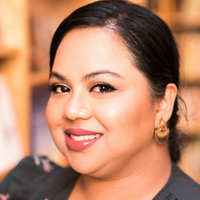
Terrorist. Heathen. Liberal Feminist. Mouthpiece for ISIS.
These were just some of the labels thrown at Syrian-American activist and poet-turned-rapper Mona Haydar when she launched her first music video "Hijabi" during Muslim Women’s Day in March 2017. The song, slick and stylish, featured Muslim women of diverse communities dancing, rapping, and singing about what the hijab means to them—with eight-month pregnant Haydar at the center.
The response was polarizing, with reactions spanning from shock and empowerment to confusion and anger. But the most extreme criticisms came from two groups that typically have nothing in common: conservative Muslims and Islamophobes.
The fight for Muslim women is two-fold: patriarchy within their community and xenophobia outside it.
"It’s really entertaining to me that the music has created this bridge between the alt-right white and conservative Muslim communities," says Haydar. "The alt-right says 'she's a terrorist, a mouthpiece for ISIS, we hate her.' Conservative Muslims say, 'She's not even Muslim, look at this liberal feminist, she’s watering down everything we believe in, she’s pandering to heathens, we hate her!' Suddenly, these communities have this shared love of hating me. I think it’s fabulous."
Thanks to the constant stream of judgement against them, Muslim women have some pretty heavy lifting to do when it comes to identity politics, and sometimes it seems like there are only two options: Either protect a faith-based community that's stereotyped for oppressing women, or address the very real issues of violence and sexism within the community—and face backlash for it. In other words, the fight for modern-day Muslim women (who it seems fair to argue bear the brunt of anti-Muslim racism in the United States) is two-fold: patriarchy within their community and xenophobia outside it.
The combination of these two otherwise disparate issues is perfectly represented in the hijab—which is why Haydar's song "Hijabi" speaks to the burden many Muslim women face. Depending on who you ask, the hijab is a symbol of oppression, a personal burden, or a symbol of fetishization. But for some women—Haydar included—it's become a tool of liberation. A way for her to fight back against two forces that seemingly have nothing in common other than their need to oppress.
"Privatizing my sexuality empowers me, so that I'm not just a sex object," she explains of wearing her hijab. "I know Muslim women who started wearing a hijab because they want to be in solidarity with their sisters. A hijab, for so many women, is so many different things."
Stay In The Know
Get exclusive access to fashion and beauty trends, hot-off-the-press celebrity news, and more.
Outside the Muslim community, Xenophobia often sparks outrage and fear against women in hijabs, burqas, or any other Islamic garb—but does anyone care what men wear? Rarely. "When we continually focus on a woman’s appearance—what she wears or doesn’t wear—we are perpetuating a cycle of systemic patriarchy. We live in a world where, most of the time, what men wear or don’t wear is rarely analyzed, and almost always irrelevant to the conversation," explains Nadiah Mohajir, Founder & Executive Director of HEART Women & Girls, a nonprofit organization that promotes sexual health and sexual violence awareness in Muslim communities. "When will that become a reality for women and girls?"
While the hijab is empowering for Haydar—a means to take back her own representation and turn a trope on its head—she says it’s a lie to claim wearing one is always a feminist choice; sometimes, women are forced or pressured into wearing them. "It is is a tool of oppression in many places and that’s such a problem and a bad truth, and I’m not willing to perpetuate that lie. I really am interested in being authentic."
Haydar's authenticity is what got her in hot water with all her "haters," especially the men creeping into her DMs and leaving violent comments. Hayder's response to the polarizing reaction? To release an even bolder follow-up in July. "Dog" is an anthem that responds directly to the sexist criticism thrown her way, and its message is clear: dismantle the patriarchy, once and for all. The song addresses the violent comments and threats hurled at her by Muslim and non-Muslim men alike:
Sheikhs on the DL / Sheikhs in my DM Begging me to shake it / On my cam in the PM / Say my voice is haram / Cuz you getting turned on / Boy you might need Qur’an / Boy you need to turn down.
"If I'm going to talk about violence against women, I have to do it from a Muslim perspective to be authentic," explains Haydar. “But I'm not just talking about Sheikhs or religious institutions, I’m talking about violence against women globally. Unfortunately, a lot of people missed that."
I think the Muslim community is going through something really interesting right now—an uncomfortable, painful rebirth.
Her criticism of religious clerics in the song has led to Haydar being directly accused by fellow Muslims of "selling out," and has given Islamophobes more reason to be prejudiced. But she isn't interested in covering up violence against women in Muslim communities just to keep the peace. And her solidarity isn't just with Muslim women, it’s with all women. The thing is, there’s an added layer of sexism for Muslim women who are determined to fight patriarchy.
"You challenge patriarchy or racism within the community and people will line up to discredit what you’re saying, while at the same time, you face additional bullying, intimidation, and gaslighting from those watching from the sidelines," explains Mohajir. "Meanwhile, outside the Muslim community, the right wingers and Islamophobes also try to co-opt the narrative to reassert their beliefs on how terrible Islam is."
According to Mohajir, the rise of Islamophobia has lead to less funding in the fields of reproductive justice and anti-sexual assault campaigns for Muslim women, who rarely report violence in their communities because they're afraid of backlash and further stereotyping.
"There is shame associated with discussing sex and sexual violence in Muslim communities," says Mohajir. "The women I work with are different ages, ethnicities, and education levels, but they all have one thing in common: they are often not given the personal agency or tools to think critically about their bodies, sexuality, and faith. They navigate this world, often times, alone and in silence. This silence is unjust and contributes to the gender inequities and violence in our communities."
We can’t say that we’re going to protect ourselves by not airing our dirty laundry.
Like Mohajir, Haydar believes Muslim women need to talk about their experiences, share their opinions, and tell their stories to combat Islamophobia from outside the community, and patriarchy within it. "I think the Muslim community is going through something really interesting right now—an uncomfortable, painful rebirth. We can’t say that we’re going to protect ourselves by not airing our dirty laundry. When we talk about the shadowy sides of our community, it lets people know that we’re looking at these things within our communities and we’re growing. No one is interested in the narrative that 'Islam means peace, Islam means love' because obviously it’s not real. We do more harm when we don’t speak up about violence against women."
Storytelling, art, and music can create space for Muslim women to fight back against patriarchy inside and outside the community. And regardless of how people may personally feel about Haydar’s approach, the strong reaction to it means there's no denying that it's effective. Her music has a clear message: "I talk directly to the predators. You know what, patriarchy? This is your mess to clean up."
Jennifer Chowdhury is an independent journalist based in New York City and Bangladesh. She covers the South Asian and Muslim diaspora with a specific focus on gender rights. She is passionate about covering stories on women of color around the world whose voices are stifled by patriarchal attitudes, systematic racism and socioeconomic burdens.
-
 This Royal Couple Has the Most Pinned Celebrity Wedding of All Time—And a Surprising Royal Wedding Didn't Even Make The List
This Royal Couple Has the Most Pinned Celebrity Wedding of All Time—And a Surprising Royal Wedding Didn't Even Make The ListA new study found this ceremony gave Pinterest users the most inspiration.
By Kristin Contino
-
 Every Royal Family Obsessive Needs to Visit These 10 Destinations
Every Royal Family Obsessive Needs to Visit These 10 DestinationsFrom majestic castles to Queen Victoria's beach house and a retired royal yacht.
By Amy Mackelden
-
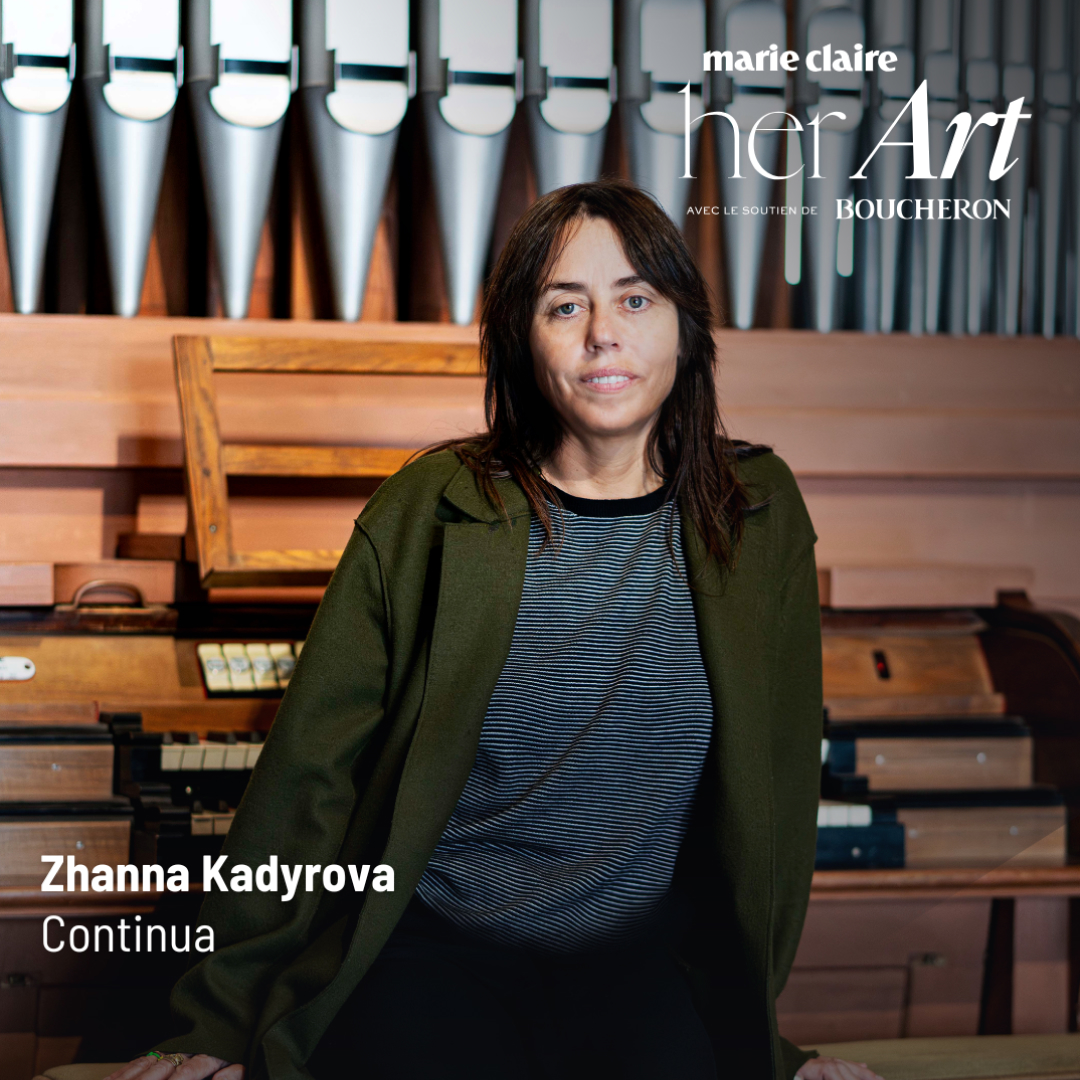 Announcing the 'Marie Claire' Her Art Prize Winner
Announcing the 'Marie Claire' Her Art Prize WinnerUkrainian-born Zhanna Kadyrova's work is grounded in her cultural identity.
By Lauren Hughes
-
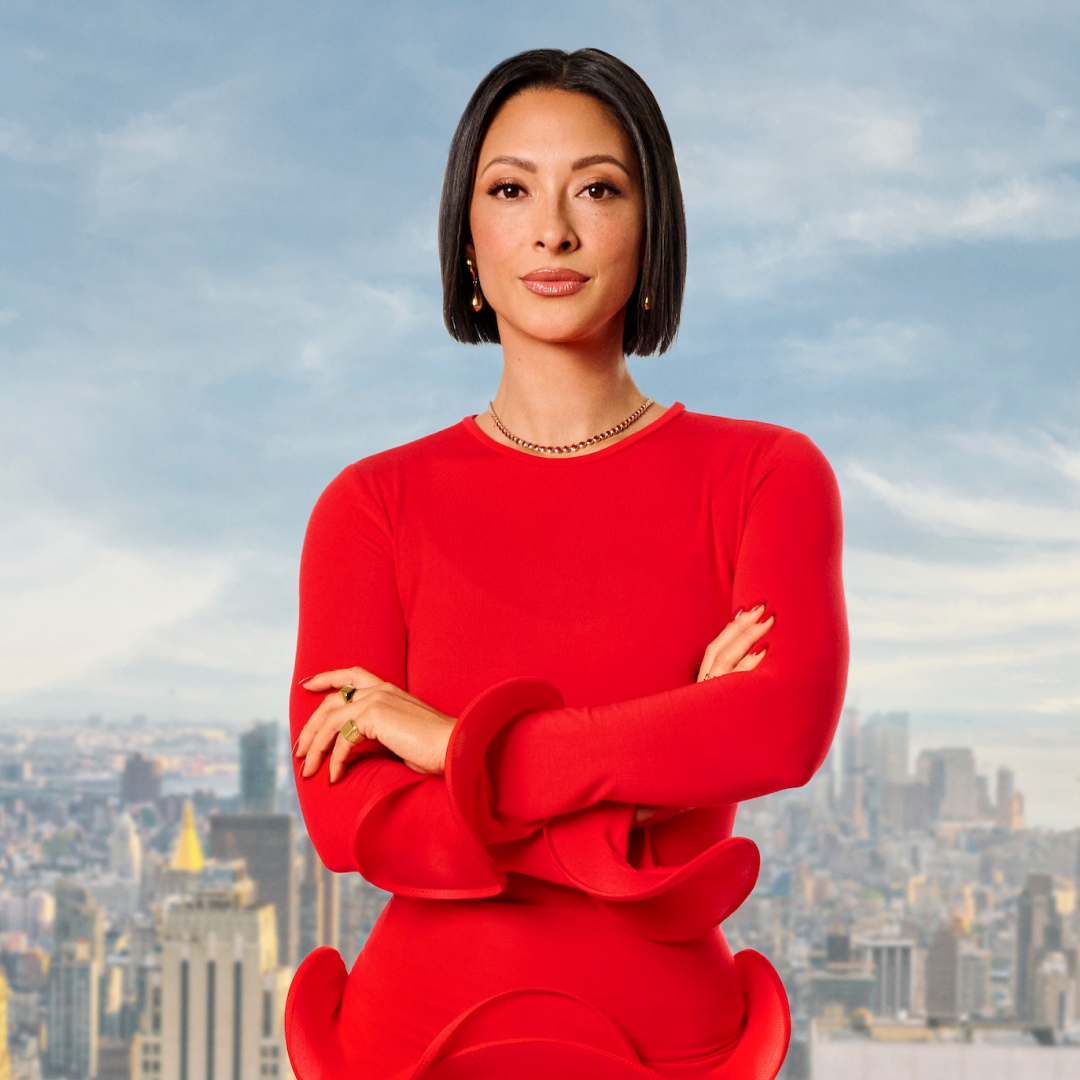 Meet 'Selling the City' Star Jordyn Taylor Braff: What to Know About Her Career Trajectory and Dating History
Meet 'Selling the City' Star Jordyn Taylor Braff: What to Know About Her Career Trajectory and Dating HistoryShe even had a surprising career path before joining Douglas Elliman.
By Quinci LeGardye
-
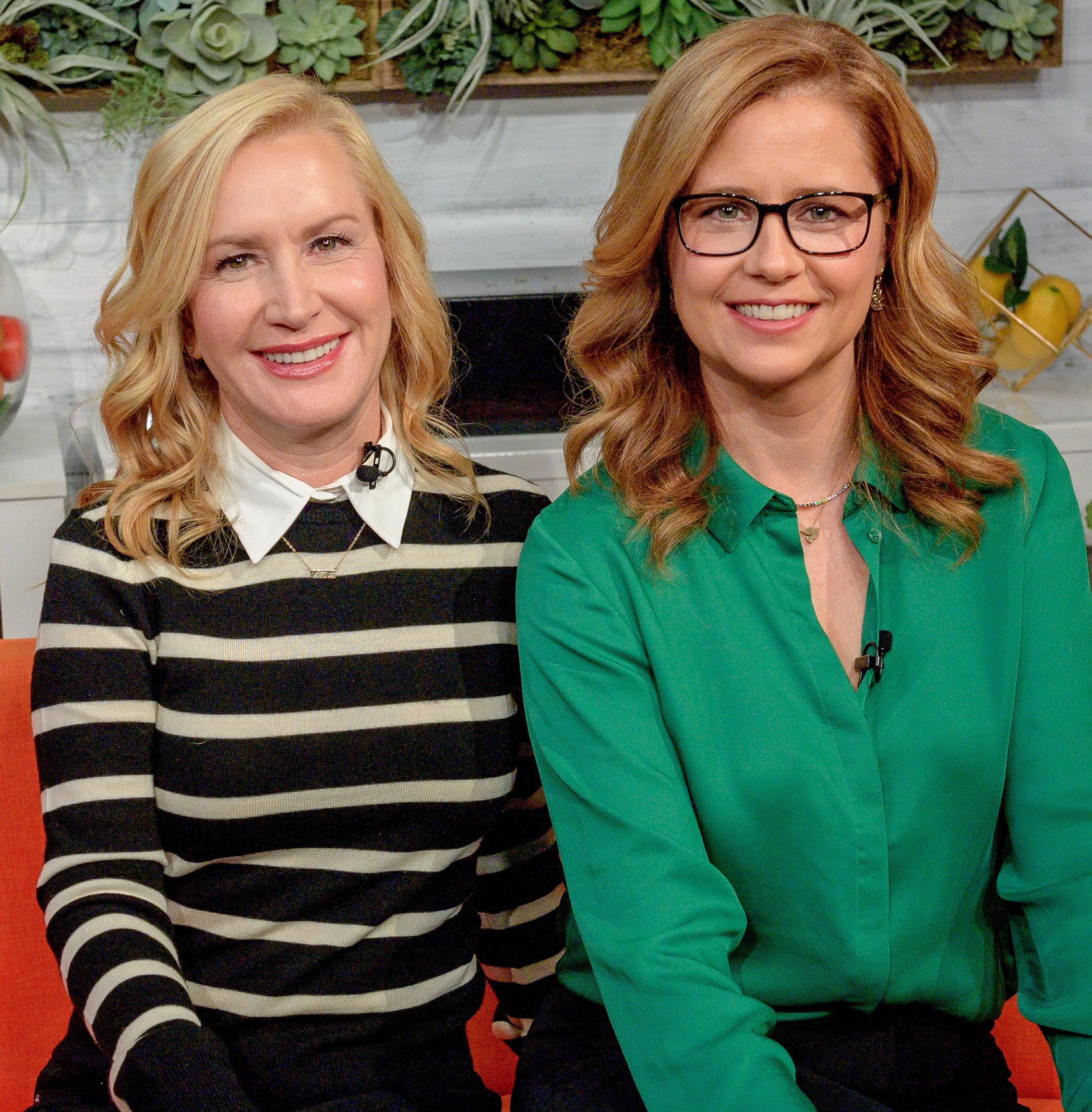 32 Celebrity Podcasts Worth Listening To
32 Celebrity Podcasts Worth Listening ToGrab some headphones and tune in.
By Katherine J. Igoe
-
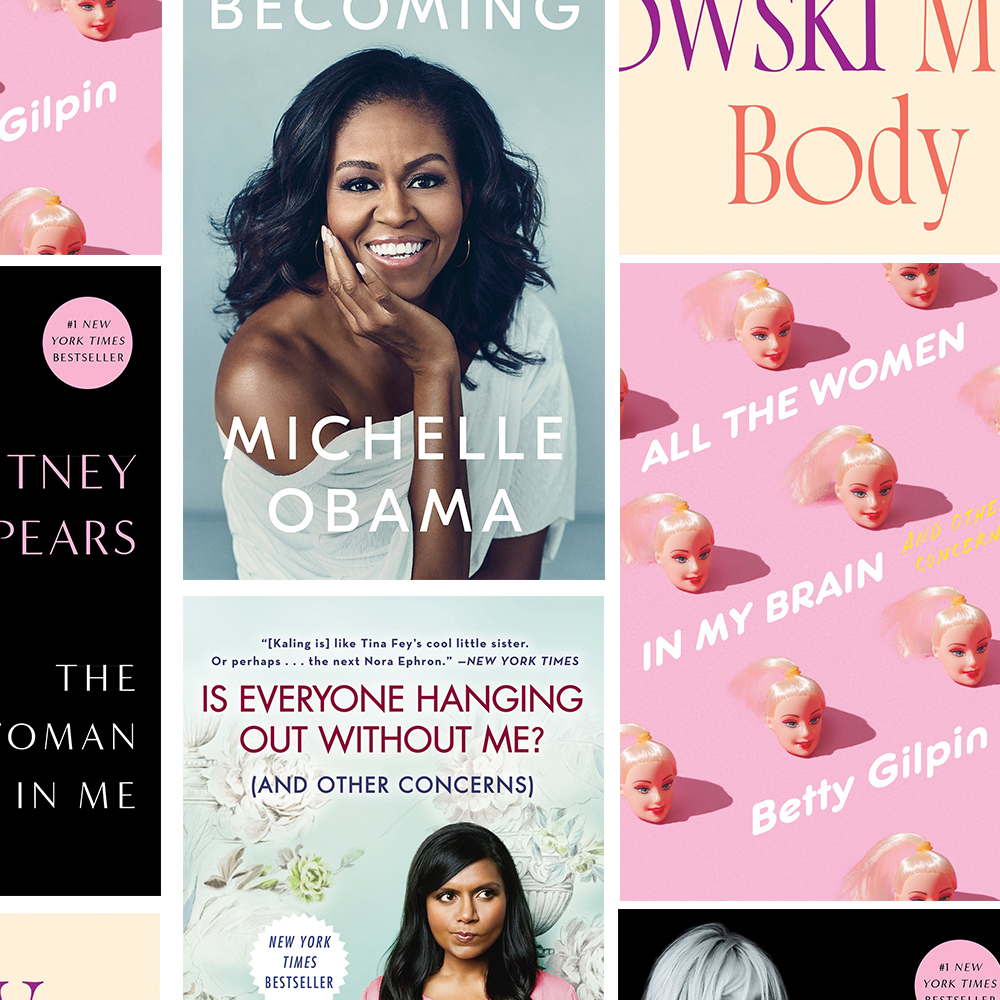 The 30 Celebrity Memoirs That Are Actually Worth Reading
The 30 Celebrity Memoirs That Are Actually Worth ReadingBritney Spears, Demi Moore, Jessica Simpson, and more drop some serious bombshells in these pages.
By Andrea Park
-
 The Unstoppable Alia Bhatt
The Unstoppable Alia BhattBollywood’s silver-screen darling is both at the top of her game and just getting started.
By Neha Prakash
-
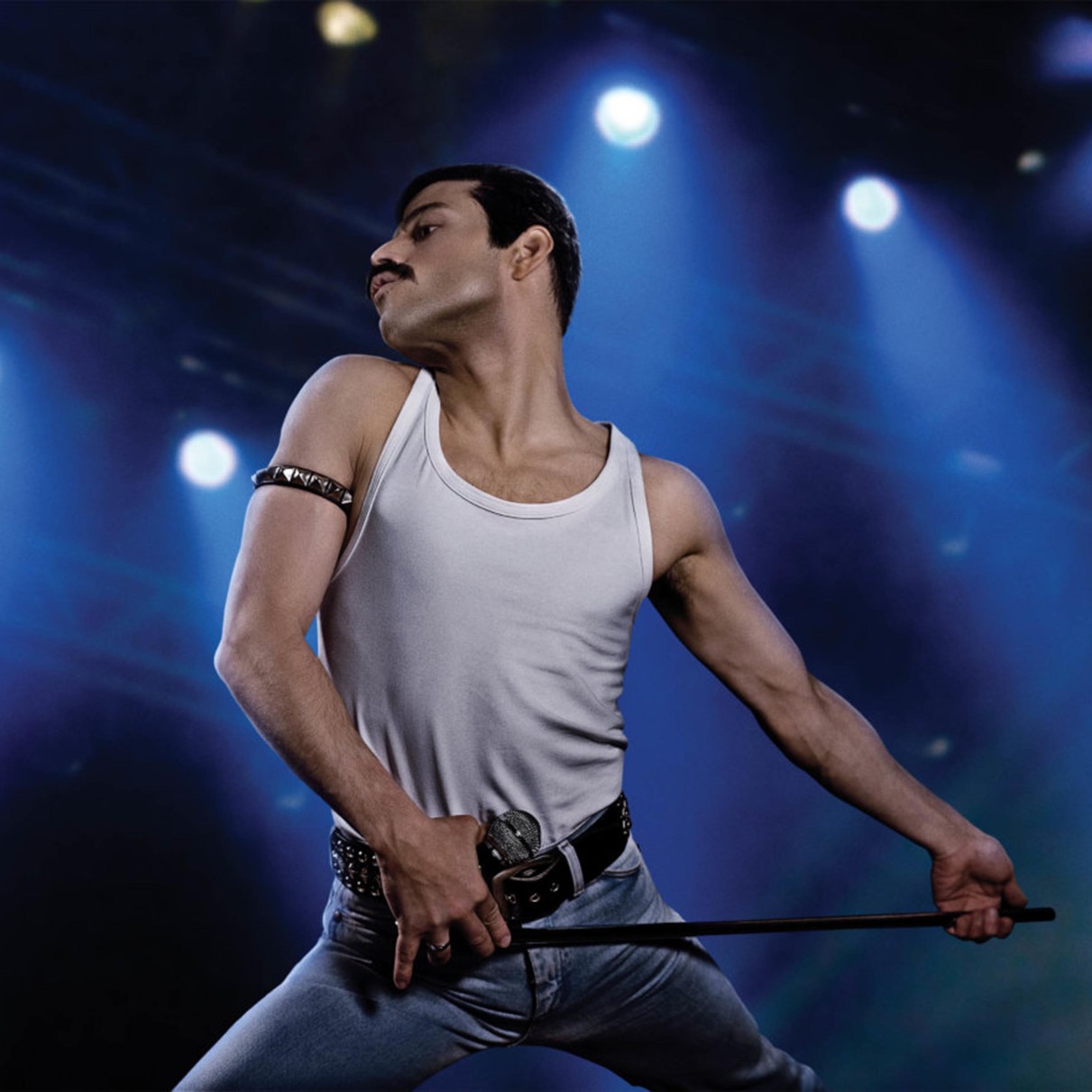 The 30 Best Movies on Hulu Right Now
The 30 Best Movies on Hulu Right NowFrom 'Fight Club' to '10 Things I Hate About You.'
By Brooke Knappenberger
-
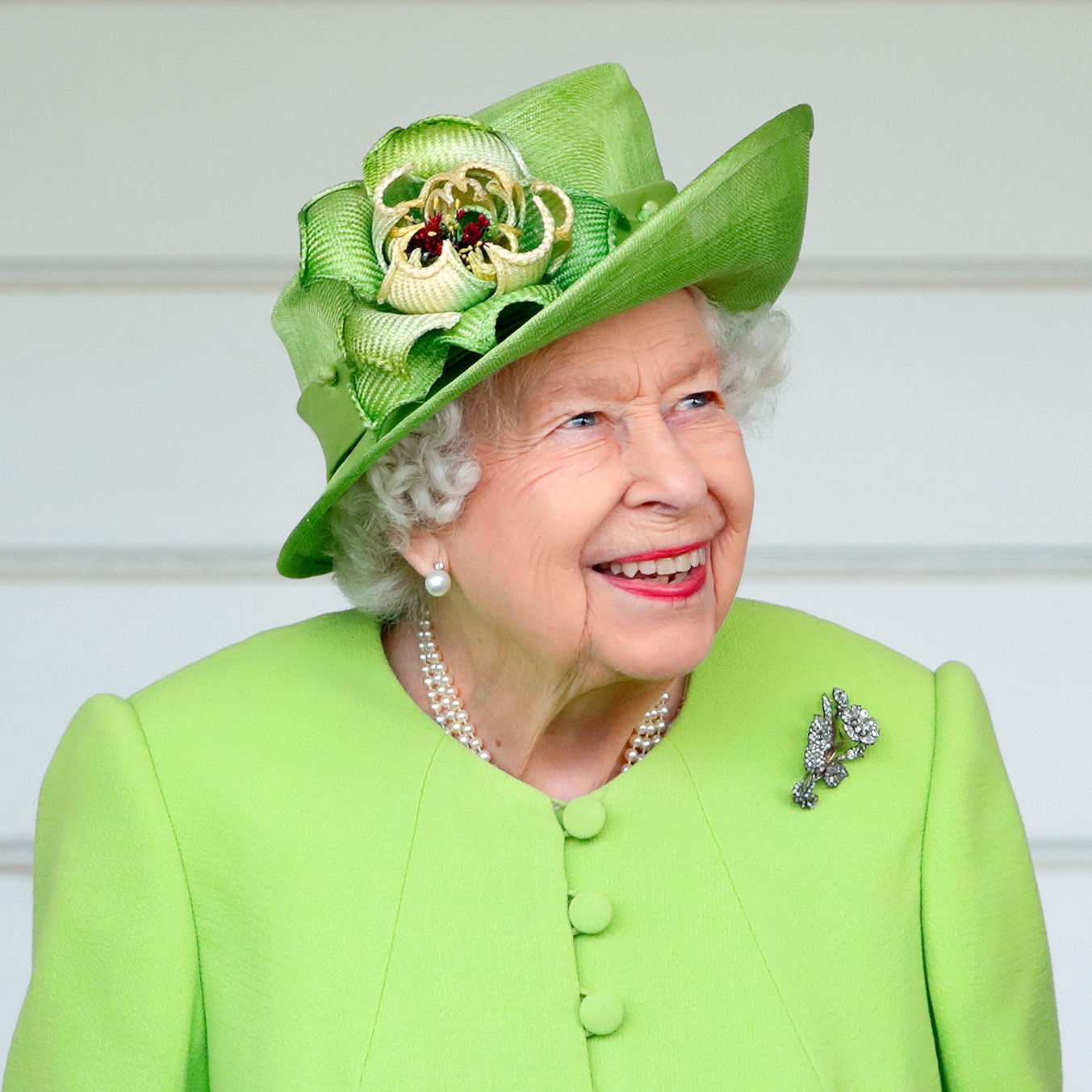 Queen Elizabeth Has Passed Away at 96
Queen Elizabeth Has Passed Away at 96After a 70-year reign, the queen passed away at her home in Balmoral, Scotland.
By Jenny Hollander
-
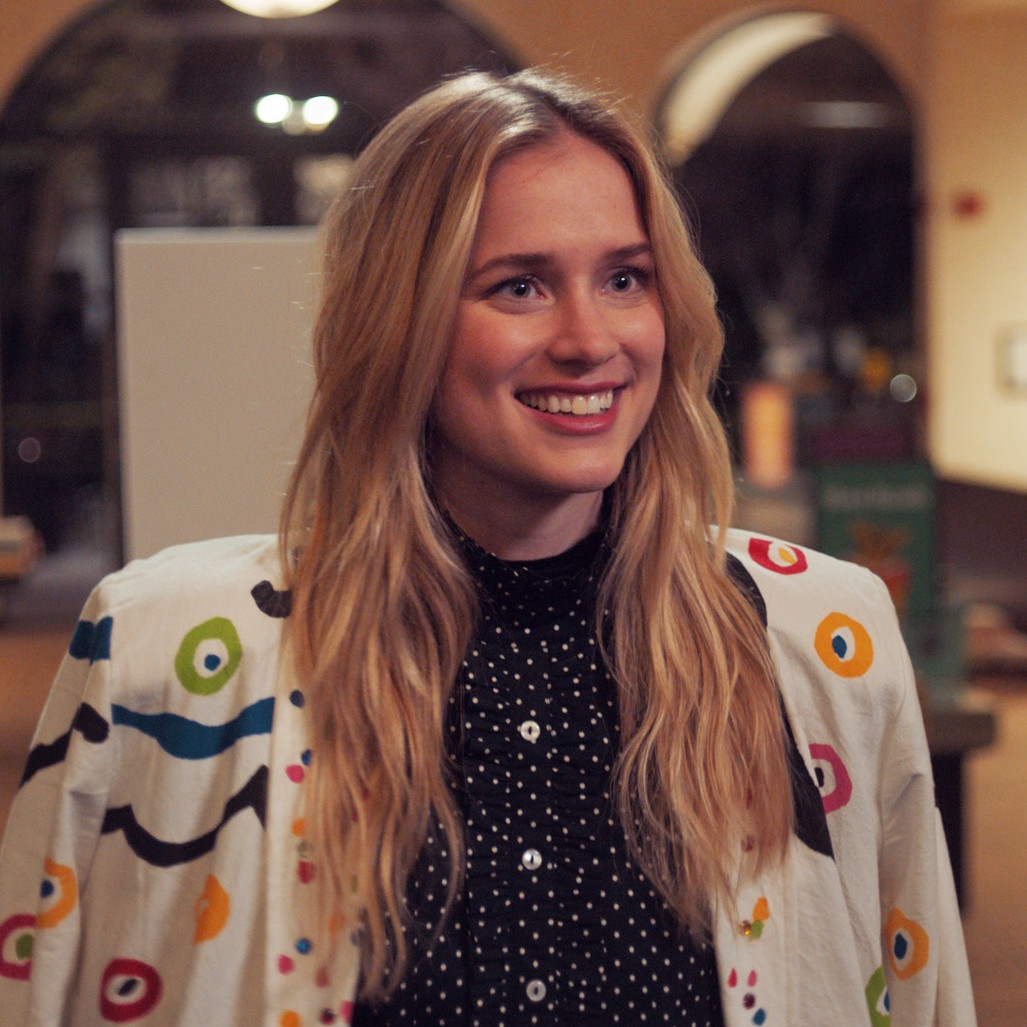 Elizabeth Lail and Dustin Milligan Compete in 'How Well Do You Know Your Co-Star?'
Elizabeth Lail and Dustin Milligan Compete in 'How Well Do You Know Your Co-Star?'The stars of 'Mack & Rita' could barely hold it together during a round of trivia.
By Brooke Knappenberger
-
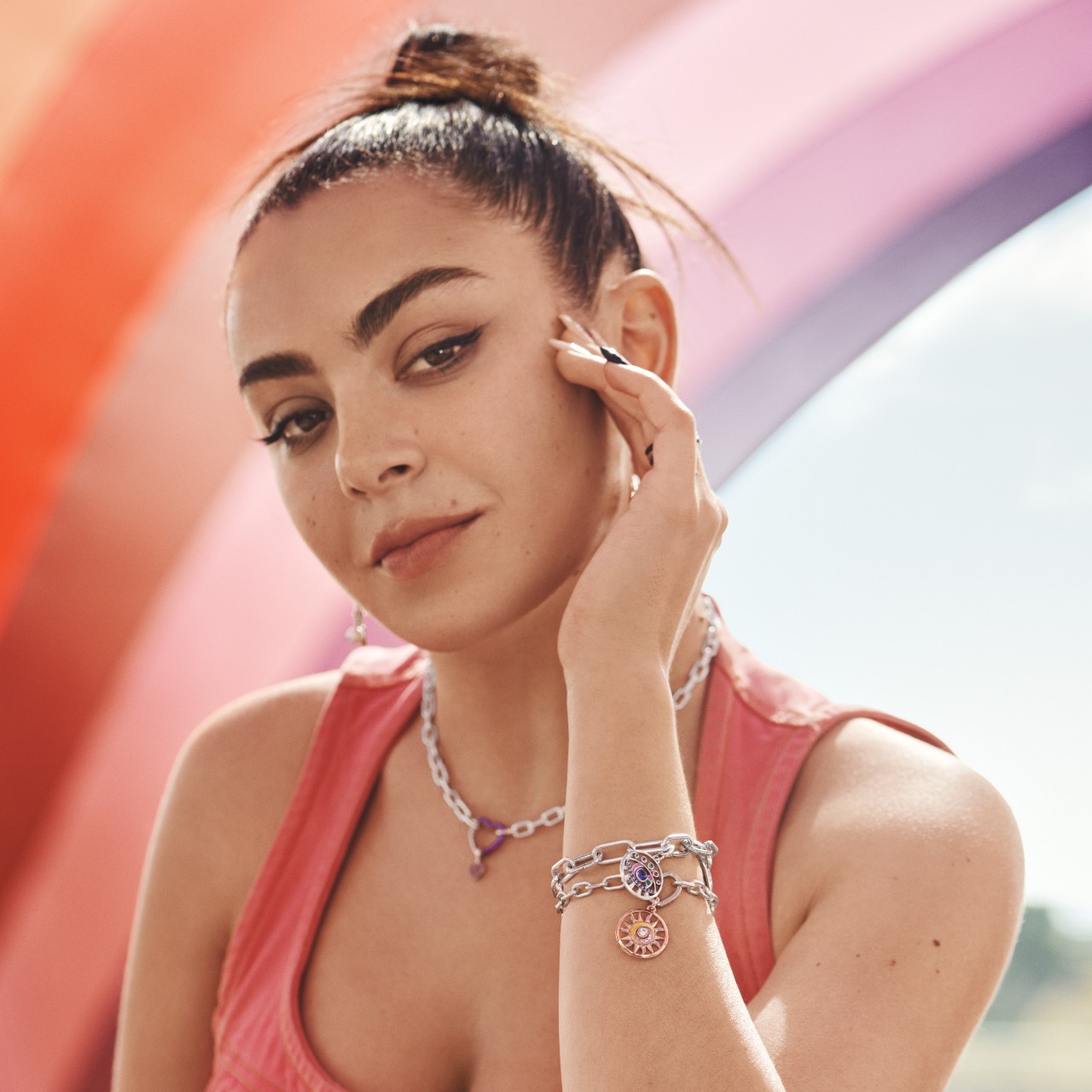 Charli XCX Isn't Here to Appease Anyone
Charli XCX Isn't Here to Appease AnyoneThe pop star talks authenticity, her new album, and taking care of herself while on tour.
By Gabrielle Ulubay